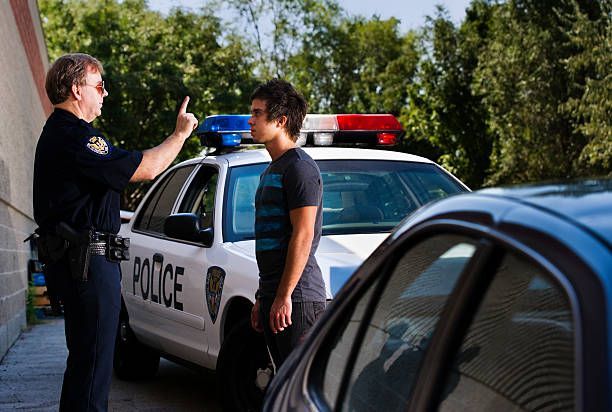Can you Refuse a Field Sobriety Test?

Driving is a responsibility that requires a clear mind and sound judgment. To ensure safety on the roads, law enforcement officers conduct field sobriety tests (FSTs) to assess whether a driver is under the influence of alcohol or drugs. However, the decision to comply with or refuse a field sobriety test is not always straightforward. Understanding your rights and the potential consequences is crucial.
What is a Field Sobriety Test?
A field sobriety test is a series of physical and cognitive tasks that police officers use to determine if a driver is impaired. The most common tests include:
- Horizontal Gaze Nystagmus (HGN): Observing the eyes for involuntary jerking.
- Walk-and-Turn (WAT): Walking heel-to-toe in a straight line and turning on command.
- One-Leg Stand (OLS): Standing on one leg for a specific period.
These tests assess balance, coordination, and the ability to follow instructions.
Legal Implications of Refusing a Field Sobriety Test
The legality of refusing a field sobriety test varies by jurisdiction. In some states, you are not legally required to perform these tests. However, refusing can have consequences, including:
- Implied Consent Laws: In many states, by obtaining a driver's license, you consent to chemical tests (breath, blood, or urine) if suspected of DUI. While FSTs are not always covered under implied consent laws, refusal can be used as evidence against you in court.
- Suspicion and Arrest: Refusing an FST may lead officers to believe you are impaired, resulting in arrest and further testing at the police station.
- Evidence in Court: Prosecutors may argue that your refusal indicates consciousness of guilt, potentially influencing the outcome of your case.
Why Might Someone Refuse a Field Sobriety Test?
There are several reasons someone might choose to refuse an FST:
- Physical or Medical Conditions: Conditions like injuries, disabilities, or even anxiety can affect performance on these tests, leading to inaccurate results.
- Accuracy Concerns: FSTs are subjective and rely on the officer's judgment, which can be influenced by bias or error.
- Legal Strategy: Some individuals, advised by legal counsel, may refuse FSTs to limit the evidence available to prosecutors.
What to Do If You Are Pulled Over
If you are pulled over and suspected of DUI, it’s essential to handle the situation calmly and respectfully. Here are some steps to consider:
- Stay Calm and Polite: Treat the officer with respect and avoid sudden movements.
- Know Your Rights: Understand your state's laws regarding field sobriety and chemical tests.
- Request Legal Counsel: If you are unsure of what to do, politely request to speak with an attorney before making any decisions.
- Document the Encounter: Take note of the officer's behavior, the tests administered, and any statements made. This information can be crucial if your case goes to court.
Conclusion
Refusing a field sobriety test is a personal decision with significant legal implications. Understanding your rights, the potential consequences, and the reasons behind your choice is essential. If you find yourself in this situation, consider seeking legal advice to navigate the complexities of DUI laws and protect your rights.
Driving responsibly is the best way to avoid the need for these decisions, ensuring your safety and the safety of others on the road.











